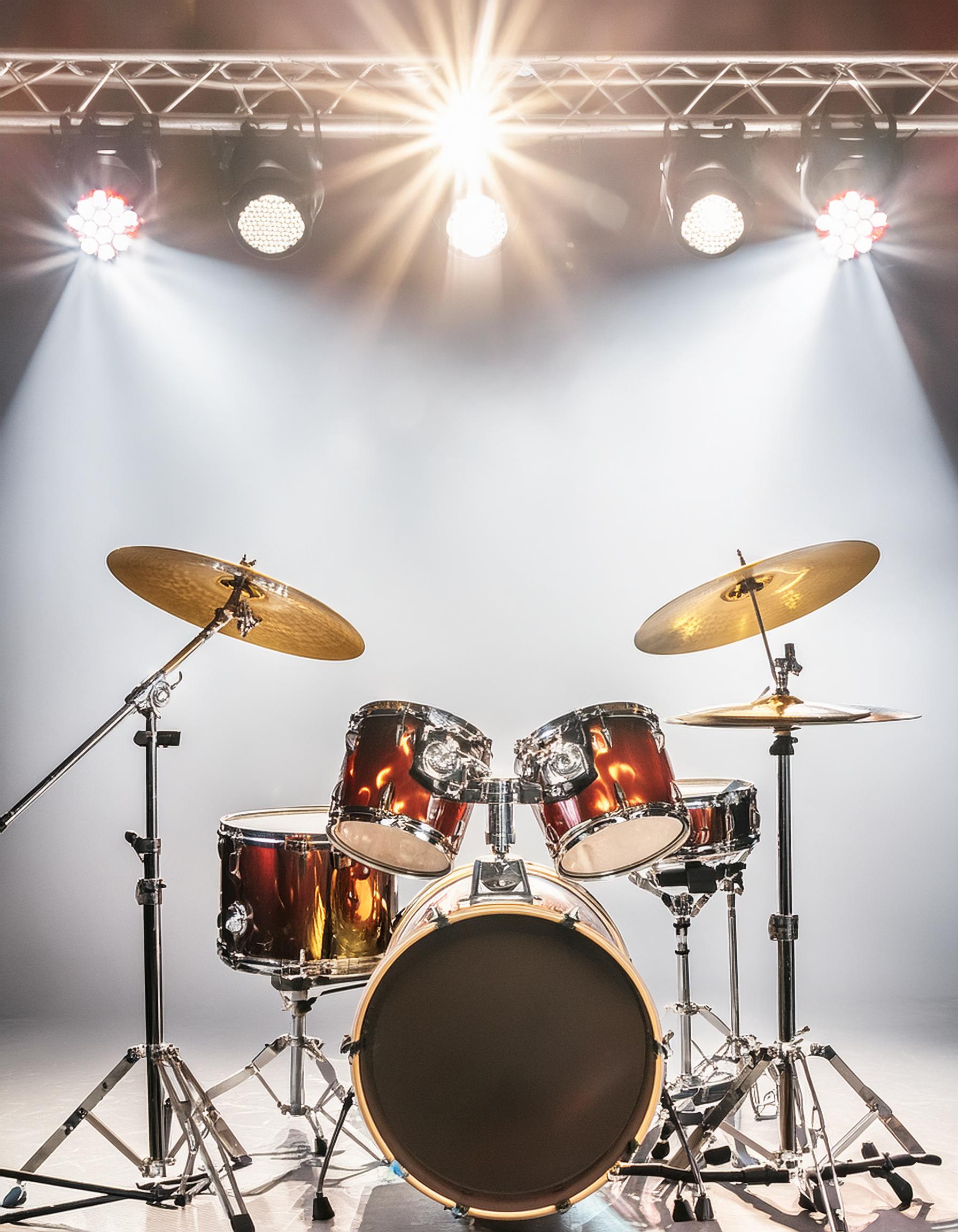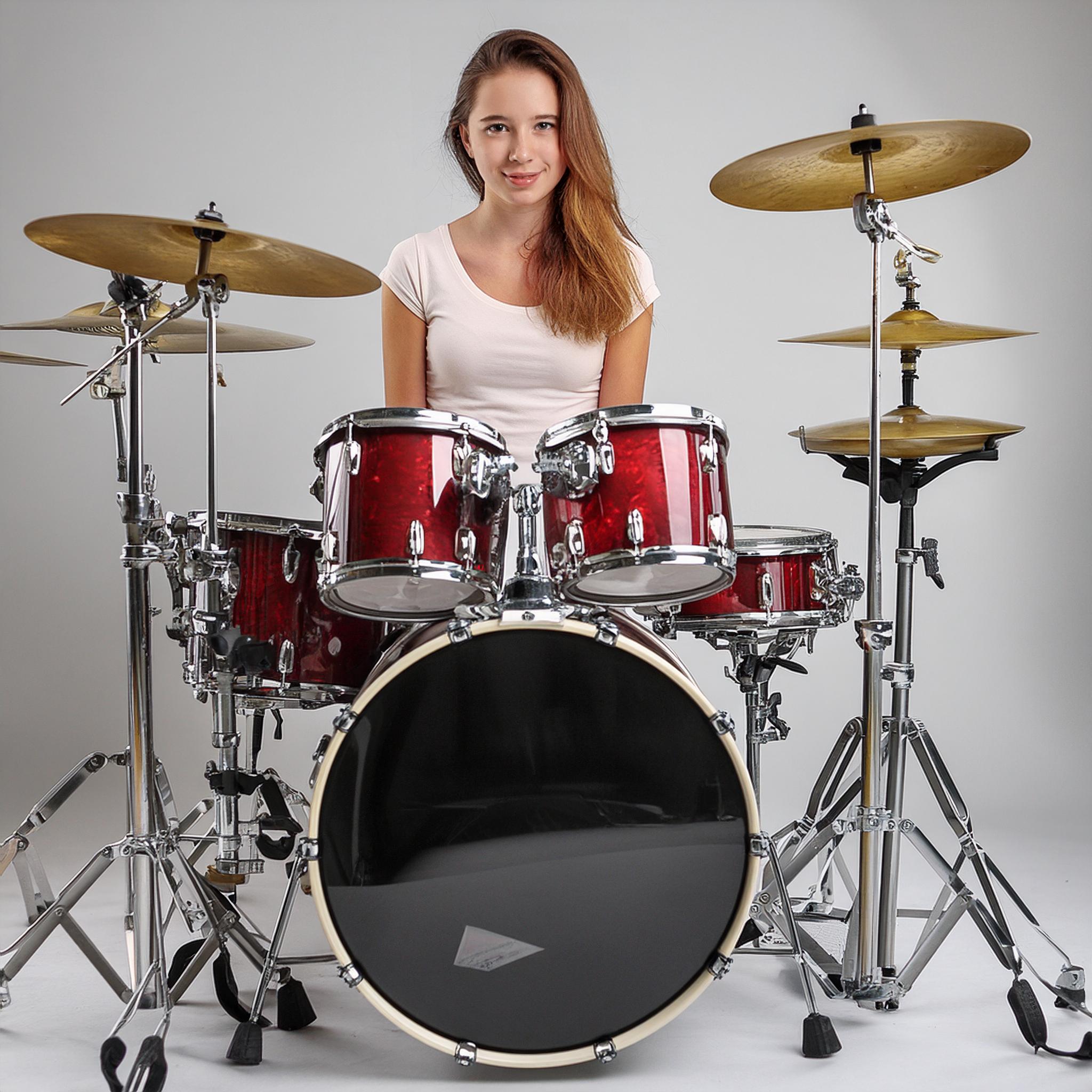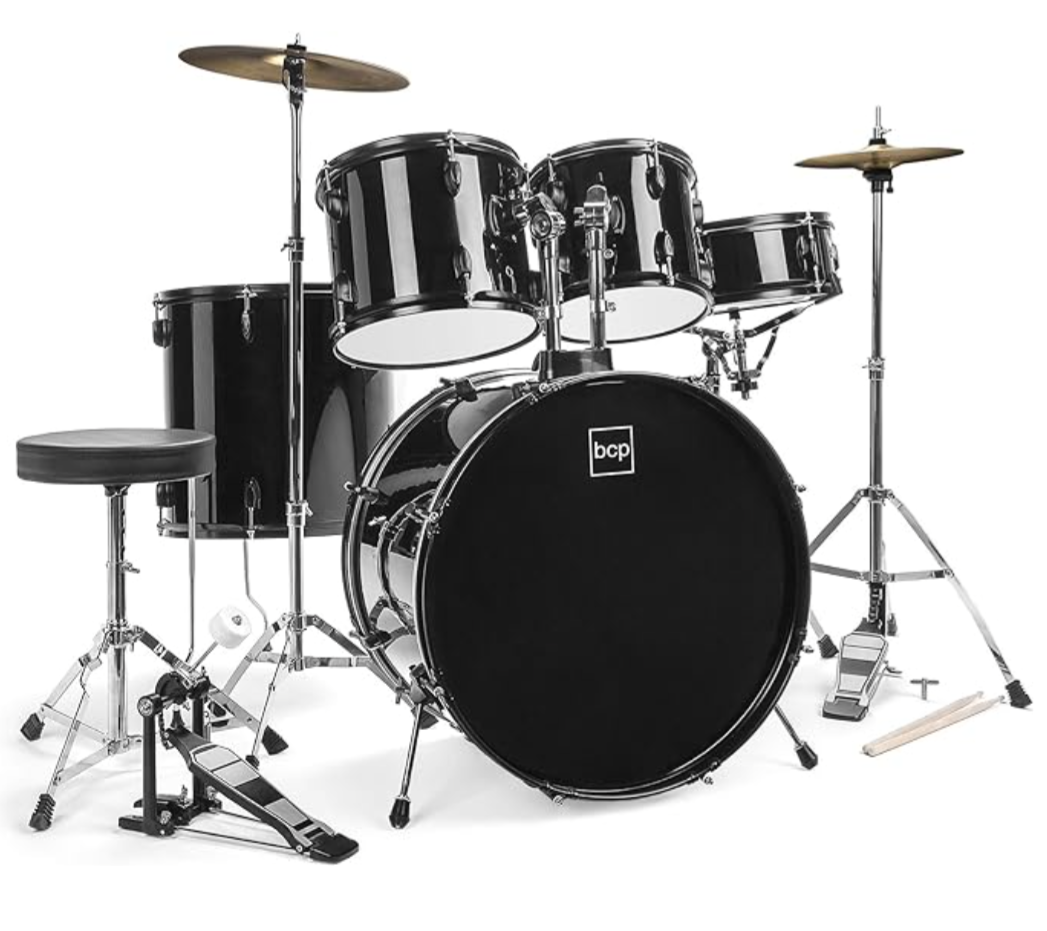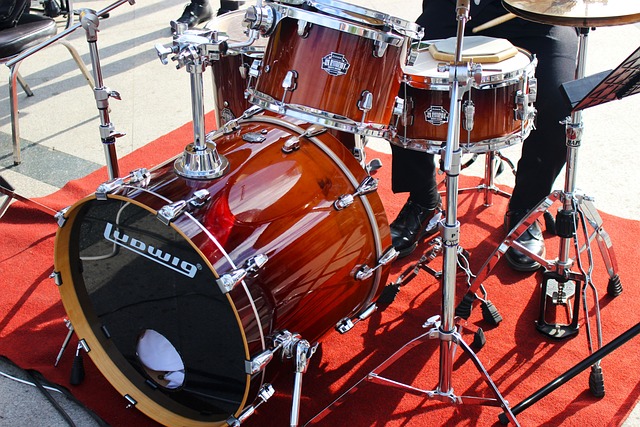
Drumming is more than just keeping time; it’s about expressing yourself, creating dynamic rhythms, and connecting with other musicians. Whether you’re an aspiring drummer or a seasoned rhythm enthusiast, there’s always room to grow. In this comprehensive guide, we’ll explore how to become a better drummer, covering essential techniques, practice routines, gear recommendations, and more. Let’s embark on this inspiring journey to enhance your drumming skills and unlock your full potential.
1. The Foundation: Mastering the Basics
Before you can soar, you need a solid foundation. Here are the fundamental skills every drummer should master:
a. Proper Grip and Posture
The way you hold your drumsticks and your posture are critical to your playing technique. A relaxed grip and correct posture can prevent injuries and increase your efficiency.
b. Basic Rudiments
Rudiments are the building blocks of drumming. Start with the basic ones like single stroke roll, double stroke roll, and paradiddles. Practice them diligently to develop speed, control, and coordination.
c. Timing and Rhythm
Use a metronome to practice playing in time. Start slow and gradually increase your speed. Developing a strong sense of timing will make you a reliable drummer, especially in a band setting.
2. Expanding Your Skills: Intermediate Techniques
Once you’ve got the basics down, it’s time to expand your skill set with more advanced techniques.
a. Dynamic Control
Dynamics add emotion and variety to your drumming. Practice playing at different volumes and learn to control your intensity.
b. Groove and Feel
Groove is what makes people want to dance. Focus on playing with a consistent feel, and try to emulate the grooves of your favorite drummers.
c. Independence and Coordination
Work on exercises that develop the independence of your limbs. This will allow you to play more complex patterns and rhythms.
3. Becoming a Professional Drummer: Advanced Techniques
If you aim to become a professional drummer, you’ll need to push your boundaries even further.
a. Advanced Rudiments and Polyrhythms
Incorporate advanced rudiments and polyrhythms into your practice routine. These will challenge your coordination and expand your rhythmic vocabulary.
b. Improvisation
Practice improvising to different styles of music. This will improve your creativity and adaptability, making you a versatile drummer.
c. Recording and Playing Live
Learn the nuances of recording drum tracks and playing live. Both require different skill sets and mindsets.
4. Essential Practice Routines: Structuring Your Practice Time
A structured practice routine is key to consistent improvement. Here’s a sample routine that covers all the bases:
a. Warm-Up (10-15 minutes)
Start with stretching and basic rudiments to get your muscles ready.
b. Technique Practice (20-30 minutes)
Focus on exercises that improve your grip, speed, and precision.
c. Groove and Song Practice (30-40 minutes)
Play along with songs or backing tracks to develop your groove and feel.
d. Creative Practice (20-30 minutes)
Spend time improvising or working on your own compositions.
e. Cool Down (10 minutes)
End your practice session with some light stretching and reflection on what you’ve learned.
5. Gear Guide: Essential Drumming Equipment
Having the right gear can make a significant difference in your drumming journey. Two excellent options, depending on your needs, are:
a. Acoustic Drum Set
The Pearl 5 Piece drum set is a fantastic choice for aspiring drummers. It offers:
- Quality construction for durability
- Versatile sound suitable for various music styles
- Complete kit with cymbals and stands included
b. Electronic Drum Set
For those who need a quieter option or want to explore a wide range of sounds, the Donner DED-200 Electric Drum Set is ideal. It features:
- Quiet mesh drum pads
- Over 450 sounds and 31 kits
- USB MIDI connectivity for recording and practice
6. Learning from the Masters: Insights from Professional Drummers
Hearing directly from seasoned professionals can provide invaluable insights. Here are some tips from renowned drummers:
- Steve Gadd: “Always listen as much as you play. Your ears are just as important as your hands.”
- Vinnie Colaiuta: “Stay versatile. The more styles you can play, the more opportunities you’ll have.”
- Sheila E.: “Feel the music. Technical skills are important, but emotion is what really connects with audiences.”
7. Additional Resources: Books, Videos, and More
To further enhance your learning, check out these resources:
- Books: “Stick Control” by George Lawrence Stone, “The Drummer’s Bible” by Mick Berry
- Videos: Drumeo, Vic Firth’s YouTube channel
- Online Courses: Drumeo Edge, Melodics
8. Joining or Forming a Band: Networking and Collaboration
Playing with other musicians is one of the best ways to improve. Here’s how to get started:
- Networking: Attend local jam sessions and open mics.
- Online Communities: Join forums and social media groups for drummers and musicians.
- Collaboration: Don’t be afraid to reach out to other musicians and propose projects.
Conclusion: Your Drumming Journey Awaits
Becoming a better drummer is a rewarding journey filled with endless opportunities for growth and creativity. With dedication, the right practice routines, and the best gear, you can elevate your skills and reach new heights.
Ready to take your drumming to the next level? Explore our recommended gear and dive into your practice with renewed enthusiasm. Let’s make your drumming dreams a reality!
Want more tips and resources about music? Subscribe to our newsletter for exclusive content, and don’t forget to check out our recommended drum sets on Amazon. Happy drumming!






